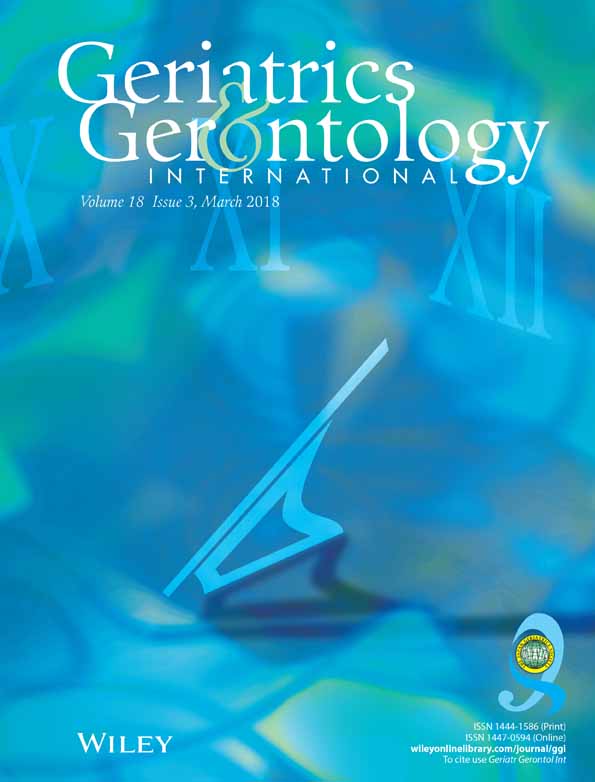Community intervention to increase neighborhood social network among Japanese older adults
Abstract
Aim
Strengthening neighborhood social networks is important for promoting health among older adults. However, effective intervention strategies aimed at increasing older adults' social networks have not yet been established. The present study examined whether a university-led community intervention that provided communication opportunities could increase older Japanese adults' neighborhood social networks.
Methods
The present study used a quasi-experimental design. Before the intervention, using postal mail, we carried out a baseline questionnaire survey that was sent to all people living in the Tsurukabuto community aged ≥60 years (n = 1769), of whom 1068 responded. For the community intervention, 18 event-based programs were provided over the course of 1 year at Kobe University. Academic staff at Kobe University organized all the programs. During the program, social interactions among participants were promoted. A follow-up survey was distributed to those who responded to the baseline survey, and 710 individuals answered the question about their participation in the intervention programs (138 respondents were participants, 572 were non-participants). The neighborhood social network was measured in both the baseline and follow-up surveys.
Results
Analysis of covariance showed that the changes in neighborhood social network among participants in the program was significantly higher than the changes among non-participants (P = 0.046) after adjusting for the baseline score of social network.
Conclusions
The present study found that participants of the intervention expanded their neighborhood social network, but non-participants did not. This finding shows that community interventions using university resources could increase older adults' neighborhood social networks. Geriatr Gerontol Int 2018; 18: 462–469.




